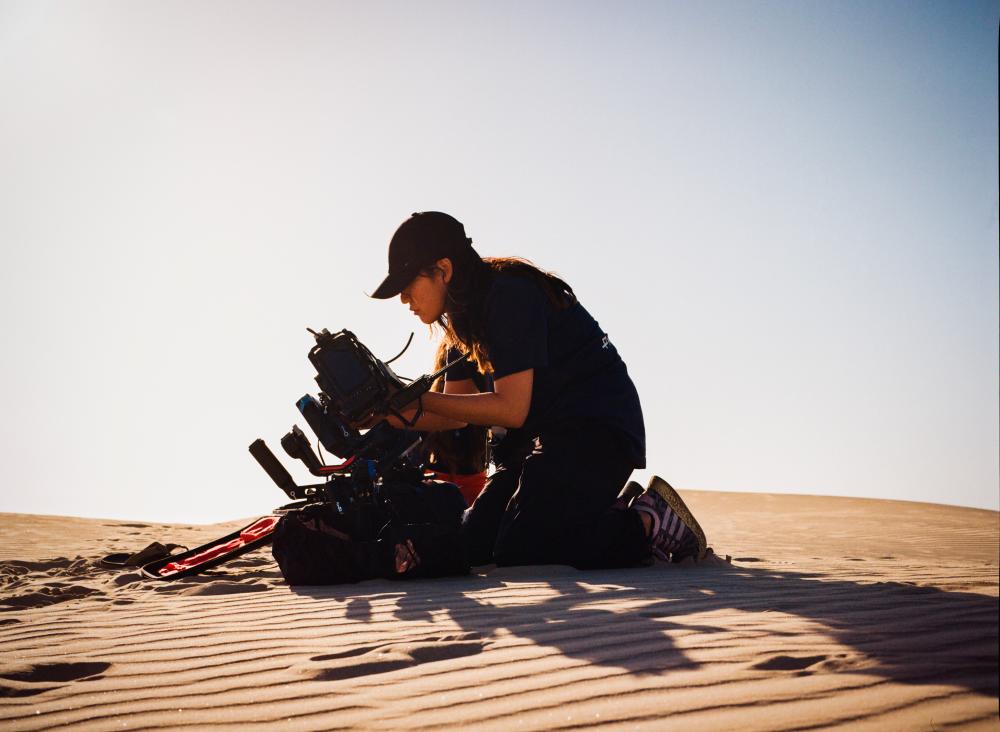BORN and raised in Kuala Lumpur, 24-year-old Syuen Chia’s journey to becoming a filmmaker began with a deep-seated passion for storytelling and social justice. Now based in Los Angeles, she reflects on the challenges of transitioning to a new cultural environment while staying true to her roots in an exclusive interview with theSun.
“When I first started writing my scripts, I realised that I was writing stories I could not quite connect with. Being in a place and culture so different from what I grew up in, I subconsciously tried to fit into the status quo. It was not until I was home in Malaysia during the pandemic that I was reminded of the people and places that first ignited my love for storytelling,” she told theSun.
This realisation became a turning point. Chia began weaving personal narratives set in Malaysia, finding both curiosity and support from international audiences.
“Sharing my Malaysian culture and roots through my work has been a way for me to connect with home while I am away,” she explained.
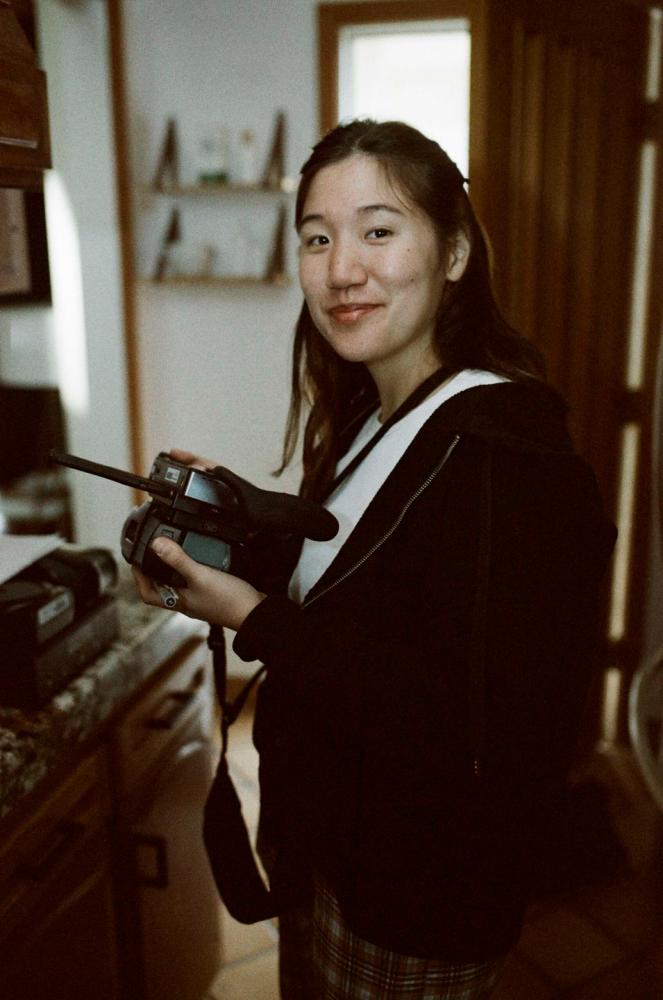
Storytelling inspired by social justice
Chia’s work often delves into the complexities of human connections and the barriers that divide us, themes deeply rooted in her personal experiences and social advocacy.
“From a young age, I have been passionate about social justice and involved in communities like Architects of Diversity Malaysia,” she shared.
Her films, such as the award-winning When I Die, explore these themes with a delicate balance of intimacy and universality.
“I love producing and directing films that give an intimate look into the relationships we have with one another and the complexities when these bonds are tested. I have seen the power of interpersonal relationships in causing ripples of positive change,” Chia explained.
Growing up in Malaysia’s multicultural environment also shaped her storytelling approach.
“Malaysia’s rich tapestry of cultures, languages and traditions taught me about diverse stories and experiences. It also opened my eyes to the challenges of bridging divides between communities and identity groups. I am drawn to universal themes told through unique perspectives that highlight both our shared humanity and our multifaceted selves.”
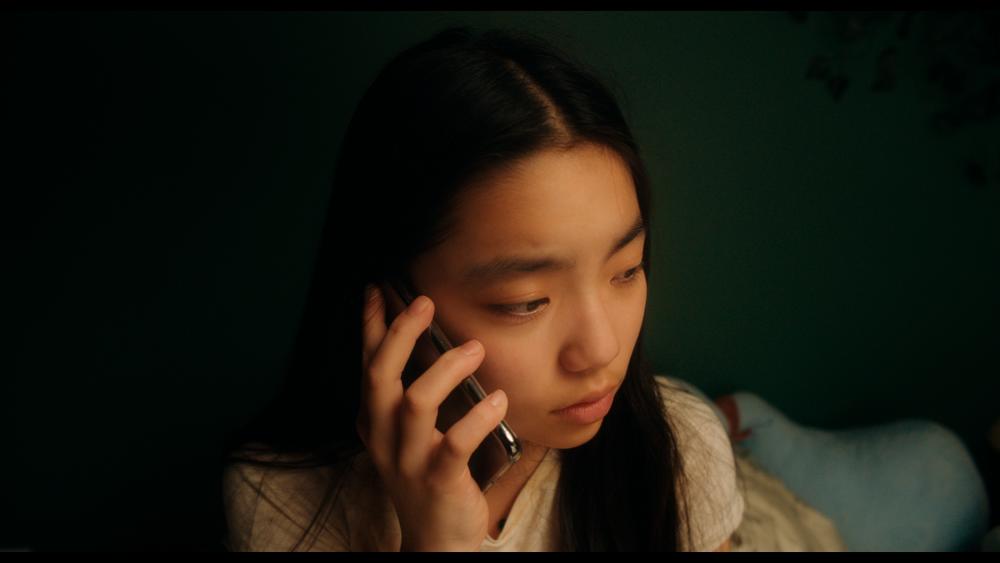
Exploring life, death and connection
Chia’s short film When I Die has garnered recognition at prestigious festivals, including the LA International Shorts Fest and NFFTY. Inspired by her personal experiences, the film explores the universal yet deeply personal topic of death.
“Growing up, death felt like a taboo topic yet one that was also spoken about calmly. I wanted to tell a story about someone grappling with the concept of death for the first time,” she said.
Through the lens of the protagonist Lianne, the film captures the uncertainties surrounding mortality and the struggles of navigating grief.
“Whether they relate to Lianne’s journey or the parents’ struggle to approach a sensitive topic, I hope audiences find echoes of their own experiences within the frames of this story,” Chia said.
The film’s success is proof of her ability to blend universal themes with culturally specific nuances, a hallmark of her storytelling style.
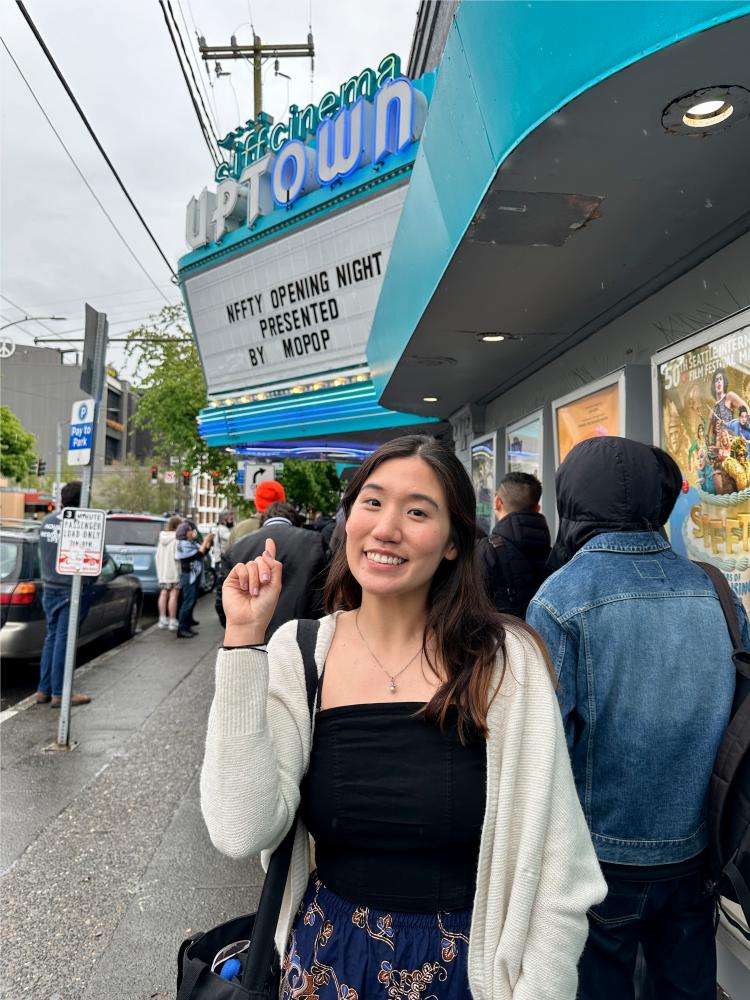
Exploring diverse roles in filmmaking
Chia’s experience spans directing, producing and working as a camera assistant, each role enriching her perspective as a filmmaker.
“Being a director has given me a deep understanding of the creative process and how to best support a project I am producing by anticipating the needs of the director and team,” she explained.
Her technical work as a camera assistant, including her time at Laika as a camera intern on their upcoming feature Wildwood, has honed her appreciation for visual storytelling.
“Stop-motion requires incredible precision and attention to detail. It has made me a much more intentional filmmaker in my creative choices,” she said.
These experiences have also shaped her collaborative approach to producing and directing.
“It is important to understand the core of the vision and invite the team to build on it. Collaboration often leads to a unified vision where everyone feels empowered.”
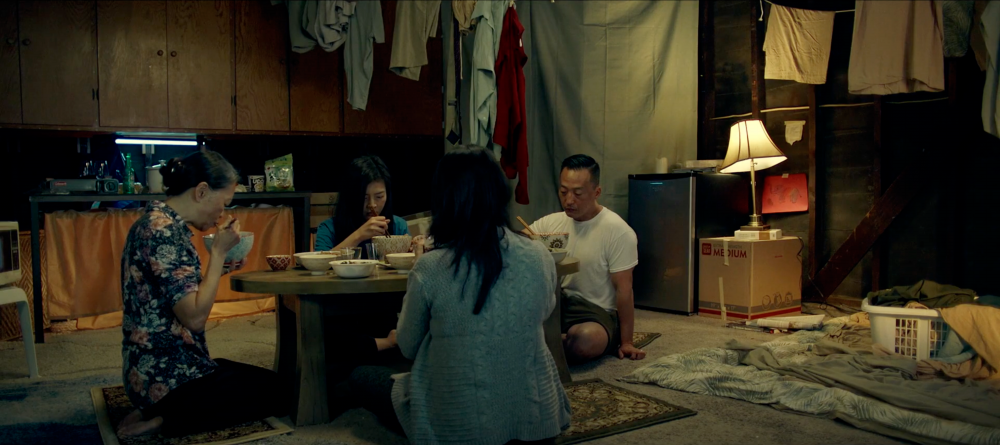
Amplifying Malaysian stories on a global stage
A recurring theme in Chia’s work is her dedication to sharing Malaysian stories with the world.
“I want to present universal experiences and emotions in a uniquely Malaysian context. For instance, late-night Mamak sessions, playing badminton over the gate with your neighbour and befriending the Aunty at your go-to kopitiam are small but resonant details that make our stories special,” she explained.
One of her projects in development is a sports drama centred around a badminton athlete and his widowed mother, exploring themes of family, grief and generational trauma.
“I am excited to continue collaborating with local talent and organisations to bring our stories to the global stage,” she added.
For Chia, authenticity and respect are paramount when amplifying underrepresented voices.
“When I created a documentary for Architects of Diversity Malaysia’s Sekolah Semua movement, I felt privileged that people entrusted me with their stories. It is my responsibility to ensure that individuals and communities are represented how they would like to be.”
This involves close collaboration and creating space for people to guide the narrative.
“People and their well-being always come first. This approach often leads to the best projects because they come from a place of genuine connection and respect,” she emphasised.
Advice for aspiring filmmakers
To aspiring Malaysian filmmakers aiming to break into the international scene, Chia offers words of encouragement: “Do not let the status quo deter you from sharing the stories you want to tell. Find a group of supportive people who share similar values and are willing to ride the challenges with you. The rest will follow.”
Her journey serves as an inspiring example of how personal narratives, grounded in cultural authenticity, can resonate universally.
As she continues to craft films that bridge barriers and celebrate connections, Chia is undoubtedly a voice to watch in the world of storytelling.



